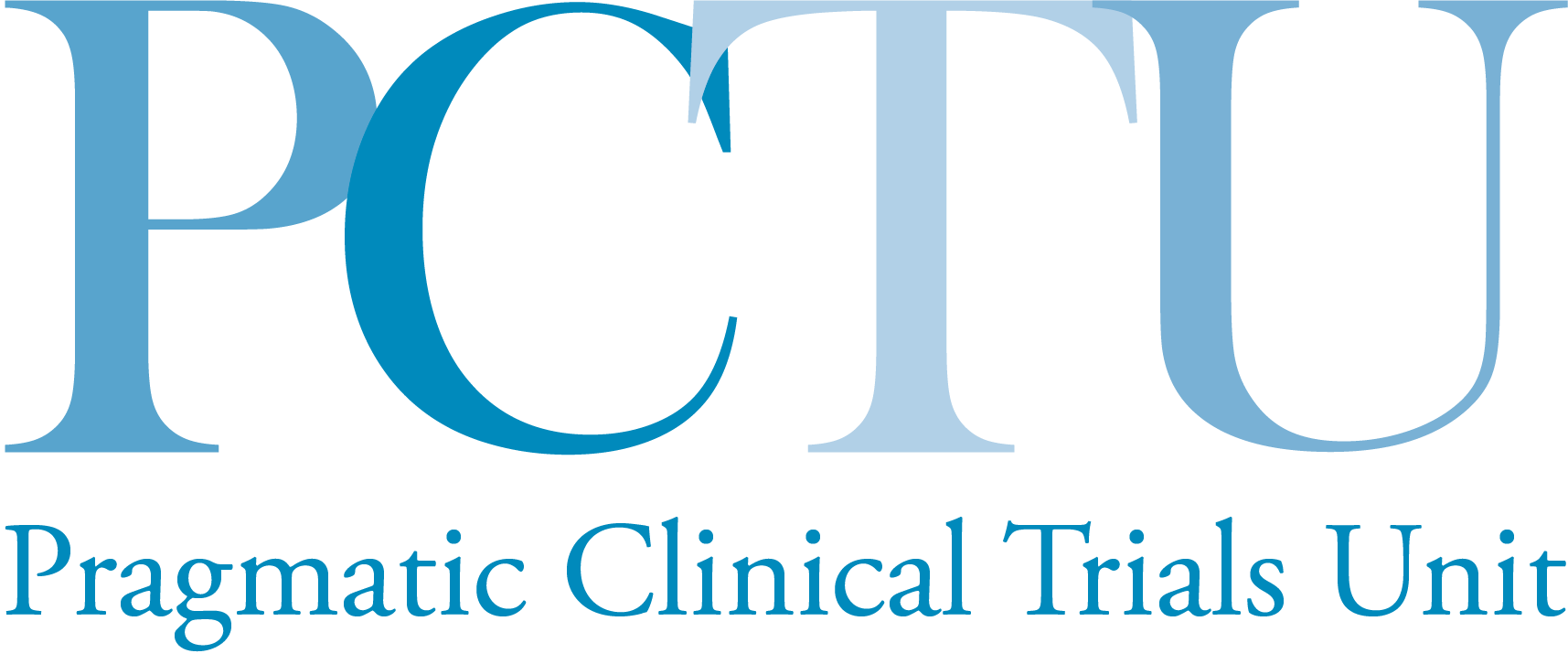PATIENTS AND PUBLIC
Some 2 million people in the UK are living with and beyond cancer, of which a third have a diminished quality of life or well-being. We know that poor quality of life is caused not only by the medical after-effects of cancer and its treatments, but also by related problems such as excessive fatigue, fear that the cancer may come back, low mood, loss of self-confidence, altered body image, sexual problems, and physical inactivity.
NHS provision of "aftercare" varies widely and existing treatments are only moderately effective. Both physical exercise programmes and cognitive behaviour therapy (CBT) have been shown to moderately improve patients’ quality of life.
Since the best approaches are only moderately effective, we decided to develop a new talking therapy based on Acceptance and Commitment Therapy (ACT). ACT puts patients’ views about what they value most in their lives at the heart of the therapy, in order to improve their quality of life. ACT helps patients to accept what they cannot change (e.g. the cancer might recur) and commit themselves to goals they are able and want to achieve, based on their own values (e.g. becoming closer to loved ones). Since we know that exercise is helpful and work is important to many patients, we have included options for physical activity and work support, if these are identified as important by the patient. We call our therapy “ACT Plus (+)”.
In order to provide better aftercare for people living with and beyond cancer, this trial will test whether ACT+ helps patients recover their wellbeing better than usual treatment, how long it helps patients for and how much its delivery costs.
WHAT IS QUALITY OF LIFE (Qol)
As treatments for cancer improve and survival rates increase, quality of life becomes an important treatment outcome. The cancer patient’s journey has changed and therefore, it is important to ensure that those living with and beyond cancer can lead a life that is as healthy and fulfilling as possible. Quality of life reflects the general wellbeing of an individual (or a society) drawing upon both negative and positive features of life. The World Health Organization (World Health Organisation, 1997, p.1) defines quality of life as:
“Individuals’ perception of their position in life in the context of the culture and value systems in which they live and in relation to their goals, expectations, standards and concerns. It is a broad ranging concept affected in a complex way by the person's physical health, psychological state, level of independence, social relationships, personal beliefs and their relationship to salient features of their environment.”
In SURECAN, we aim to develop a talking therapy that will improve patients’ quality of life and overall wellbeing. Therefore, we will evaluate the effects of our therapy on different domains of quality of life such as physical, social, emotional, and functional. We are also interested in understanding which factors may contribute to quality of life both positively and negatively.(e.g. psychological distress, fear of cancer recurrence, fatigue).
INFORMATION AND SUPPORT
If you or someone you know has been affected by cancer, there are websites and organisations that may provide you with helpful information and support resources. Based on the type of cancer-relevant to you, use the links below to get information, find out about options for advice and support, and read about other people’s experiences with cancer.
Macmillan Cancer Support (all cancers): https://www.macmillan.org.uk/information-and-support
Breast Cancer Now (breast cancer): https://breastcancernow.org/
Bowel and Cancer Research (colorectal cancer): https://www.bowelcancerresearch.org/
Bloodwise (haematological cancer): https://bloodwise.org.uk/info-support
Orchid – Fighting Male Cancer (prostate cancer): https://orchid-cancer.org.uk/
Saving Faces (head and neck cancer): https://www.savingfaces.co.uk/patients/patient-helpline
OPPORTUNITIES FOR PUBLIC INVOLVEMENT IN SURECAN
Public involvement in research is when the research is carried out with or by members of the public rather than ‘to’, ‘about’, or ‘for’ them. This includes, for example, offering your advice by participating in a consultation meeting or reviewing and commenting on study materials. If you would like to hear about the latest opportunities to get involved in the work of SURECAN, please register your interest here.












